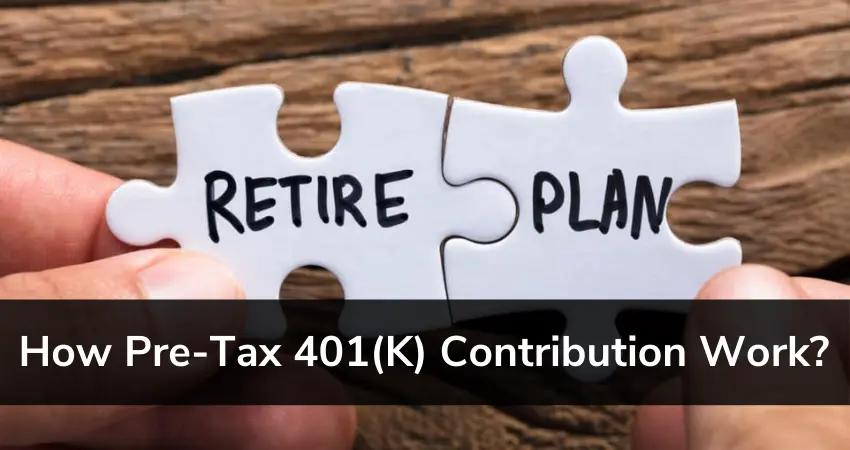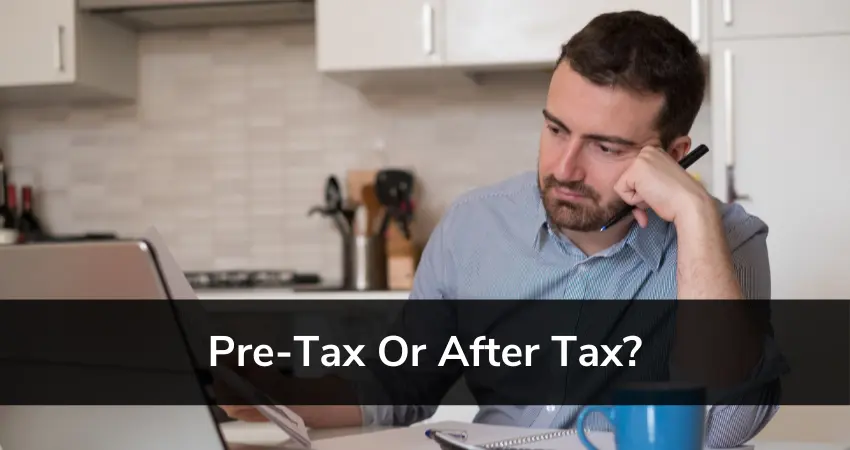
A 401k retirement plan allows high-level employee pre-tax saving with options for employers to make contributions, all professionally managed and administered.
Do you have any retirement program? It is one of the basic questions that prospective employees ask their future boss.
The 401k retirement plan has morphed from a fringe benefit to a name brand retirement plan. If it’s not being offered, your employees know it, your new talent is searching for it and it can be an important aspect of your compensation package.
Setting up guideline 401k for the very first time may seem quite daunting. But implementing it can be flexible based on your business needs.
Many may be surprised to learn there are low-cost options to starting the plan.
Schedule A Consultation Today!
What Are Tax Benefits And Pre- Tax 401k Contributions?

Employers started offering 401k plans around 1978. While the main gist is that you put money into this plan pre-tax, it helps you understand how the contributions work.
Normally, when you earn money as an employee, you have income taxes with held on the money you earn.
The future benefits 401k plan allows you to avoid paying income tax in the upcoming year on the amount of money that you put into the plan.
The amount you put in is known as salary deferral contribution as you have chosen to defer some of the salaries you earn. Now, put it in the tax planning, and save it so you can spend it in the retirement years.
What To Know About Roth 401k Contributions (After Tax)?

Many employers also offer the option to put in Traditional Roth small business 401k options. With this Roth contribution, allowed in 2006, you don’t get to reduce the earned income by the contribution amount.
But all funds grow tax-free and when you take withdrawals in retirement, you get to take all of the withdrawals tax-free.
Related Article: Legal Ways To Pay Less Tax and Save More
Which Is Better Pre Tax Or After-Tax?

As the rule of thumb, you want to make pre-tax contributions to your account during these years where you earn the most, which usually occurs in the middle and late stages of your career.
Make your Roth contributions during years where your earnings and tax rates aren’t as high since you will use after-tax dollars. Low earning years often occur during the initial stages of the career, during years of half payment, or during a phased retirement where you work part-time.
Finally, there are several additional rules that intuit payroll 401k plan needs to follow to determine who’s eligible when money can be paid out of this plan.
Contact Us Today:
Locations:



